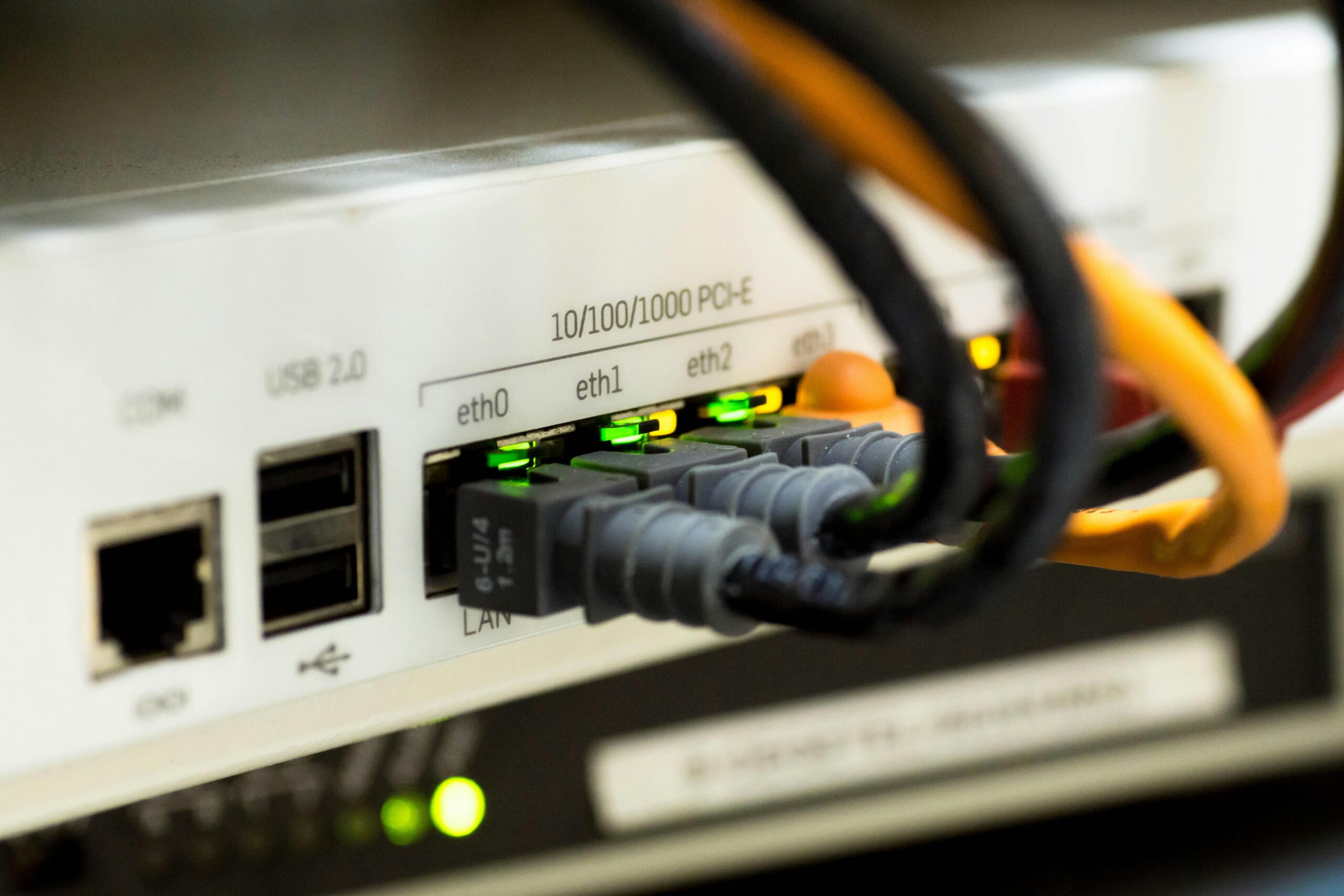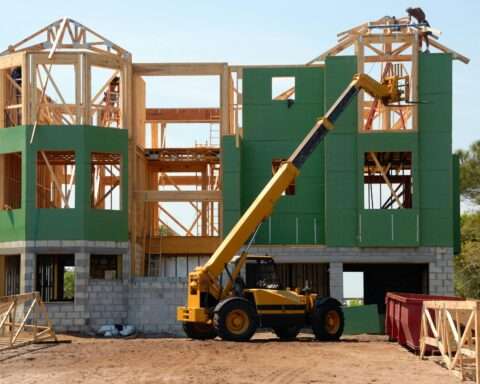The Texas Broadband Development Office (BDO) has made more than $3.8 billion available through the Broadband Equity, Access and Deployment (BEAD) program to expand high-speed internet access throughout the state. Applications for the first round are due Aug. 1, 2025, and for the second round are due Oct. 24, 2025.
The BEAD program provides funding to qualifying recipients to plan, deploy infrastructure and adopt broadband initiatives. Texas received $3.3 billion for distribution, which the state matched with an additional $550 million from the Texas Match Assistance Program (TMAP) to further supplement budgets.
Minimum awards will start at $1,000. Maximum awards can be up to $500 million. Recipients must provide at least 25% of the total project cost for each project in matching funds. Applicants who may submit requests include:
- Cooperatives.
- Nonprofit organizations.
- Public-private partnerships.
- Private companies.
- Public or private utilities.
- Public Utility districts.
- Local governments.
- Tribal organizations.
- For-profit organizations.
- Partnerships and consortium applications.
Projects eligible for grants must deploy Qualifying Broadband Service (QBS) to designated unserved and underserved broadband serviceable locations (BSLs) in the project area. Applicants may also include additional BSLs up to 20% of the project locations. To be considered as a qualifying service, projects must provide reliable broadband services that have:
- A speed of no less than 100 megabits per second (Mbps) for downloads.
- A speed of no less than 20 Mbps for uploads.
- Latency of 100 milliseconds or less.
Community Anchor Institutions (CAIs) have slightly different criteria for being considered as a reliable broadband service, differing in that they require a speed of no less than one gigabit per second for downloads and uploads.
Eligible uses of funding through the BEAD program for broadband deployment projects include:
- Building, improving or buying facilities and telecommunications equipment to support QBS.
- Long-term leases for facilities needed to provide QBS.
- Deploying internet and Wi-Fi infrastructure within select residential buildings.
- Designing and permitting for environmental, historical and cultural reviews.
- Personnel costs.
- Upgrading network security software.
- Training cybersecurity professionals.
- Workforce development.
Low Earth Orbit (LEO) providers will be required to provide broadband service access to each BSL they serve for 10 years from the date broadband is available to all locations covered by the project.
Photo by Pixabay via Pexels













